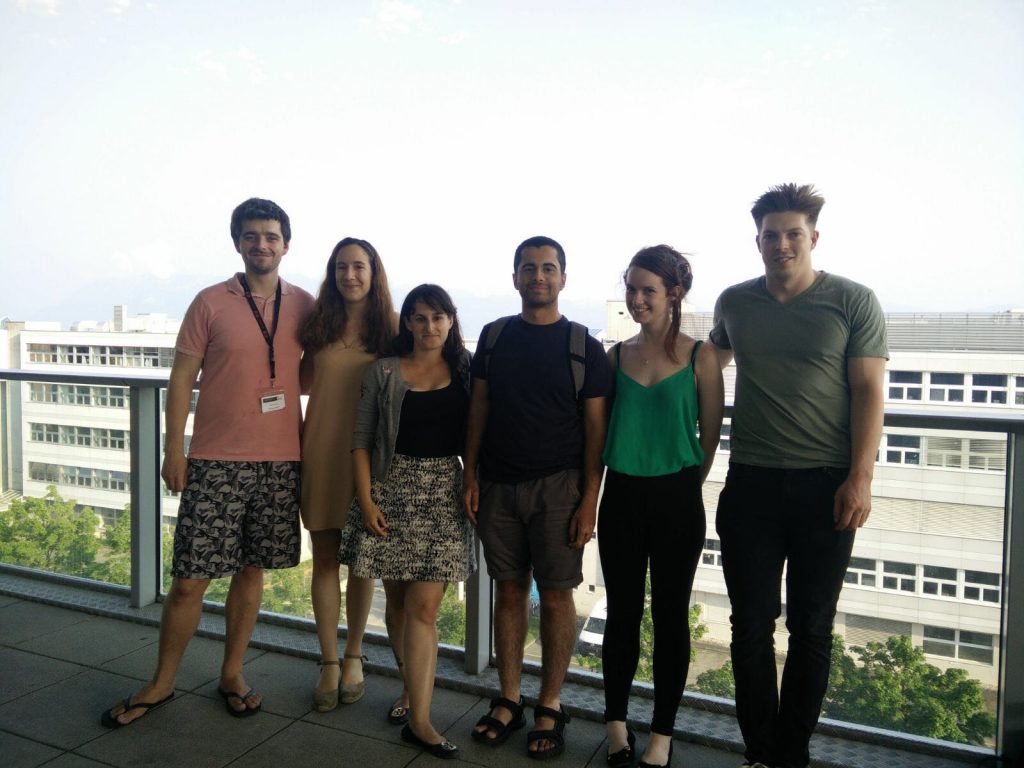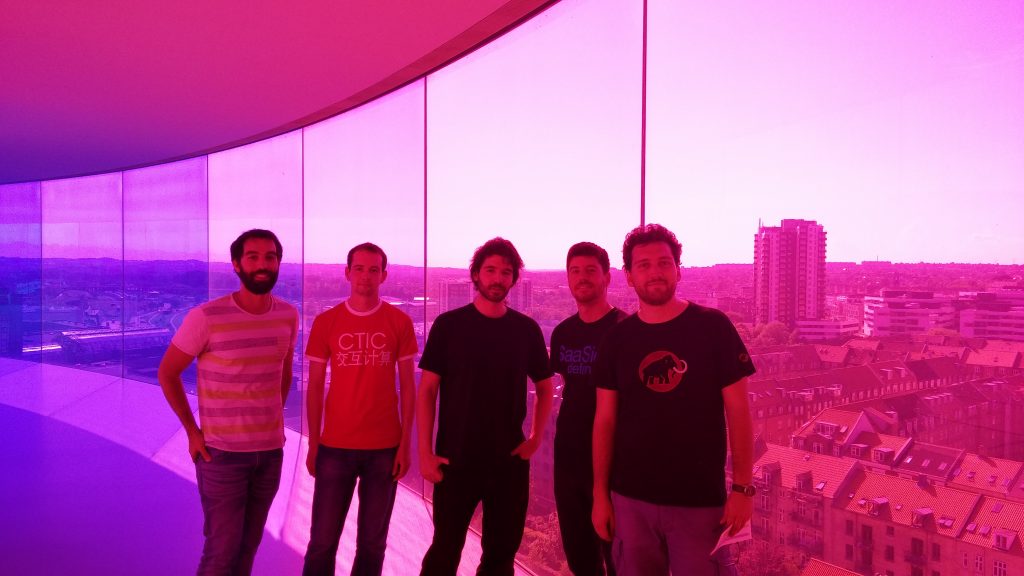It has become increasingly apparent that the world’s cybersecurity challenges will not be resolved by specialists working in isolation.
Indeed, it has become clear that the challenges that arise from the integration of emerging technologies into existing social, commercial, legal and political systems will not be resolved by specialists working in isolation. Rather, these complex problems require the efforts of people who can cross disciplinary boundaries, communicate beyond their own fields, and comprehend the context in which others operate. Computer science, information security, encryption, criminology, psychology, international relations, public policy, philosophy of science, legal studies, and economics combine to form the ecosystem within which cybersecurity problems and solutions are found but training people to think and work across these boundaries has proven difficult.
UCL is delighted to have been awarded funding by the UK’s Engineering and Physical Sciences Research Council (EPSRC) to establish a Centre for Doctoral Training (CDT) in Cybersecurity that will help to establish a cadre of leaders in security with the breadth of perspective and depth of skills required to handle the complex challenges in security faced by our society. The CDT is led by Prof Madeline Carr (Co-Director; UCL Science, Technology, and Public Policy), Prof Shane Johnson (Co-Director; UCL Security and Crime Science), and Prof David Pym (Director; UCL Programming Principles, Logic, and Verification (PPLV) and Information Security).
The CDT is an exciting collaboration that brings together research teams in three of UCL’s departments – Computer Science, Security and Crime Science, and Science, Technology, Engineering, and Public Policy – in order to increase the capacity of the UK to respond to future information and cybersecurity challenges. Through an interdisciplinary approach, the CDT will train cohorts of highly skilled experts drawn from across the spectrum of the engineering and social sciences, able to become the next generation of UK leaders in industry and government, public policy, and scientific research. The CDT will equip them with a broad understanding of all sub-fields of cybersecurity, as well as specialized knowledge and transferable skills to be able to operate professionally in business, academic, and policy circles.
The CDT will admit candidates with a strong background in STEM (CS, Mathematics, Engineering, Physics) or Social Sciences (Psychology, Sociology, International Relations, Public Policy, Crime Science, Economics, and Management), either recent graduates or mid-career. Each will be trained in research and innovation skills in the multidisciplinary facets of cybersecurity, (computing, crime science, management and public policy) and then specialise within a discipline, with industrial experience through joint industrial projects and internships.
For more information, including directions for applications, please visit the cybersecurity CDT website.


